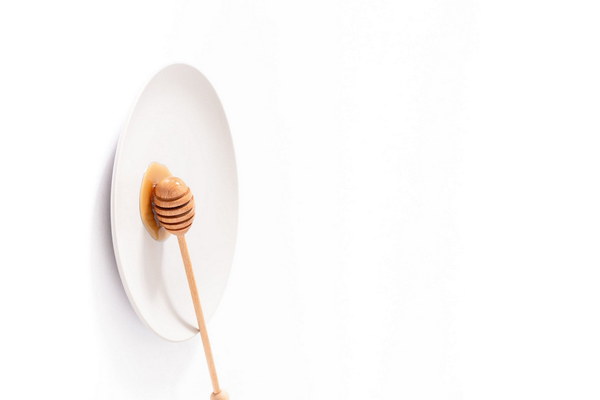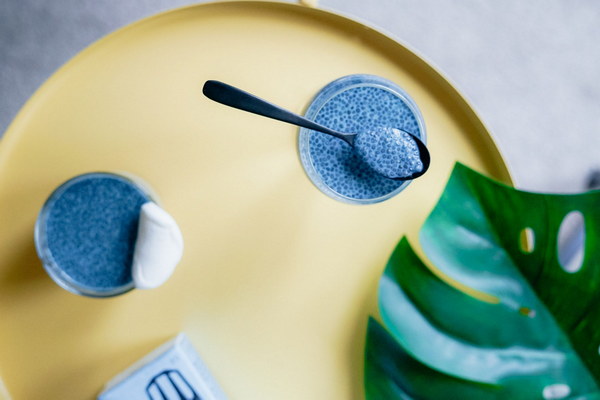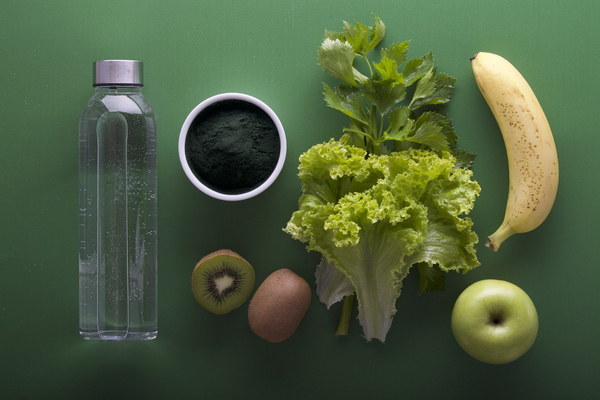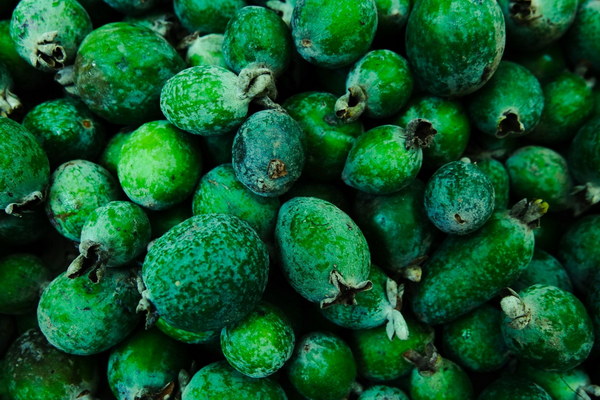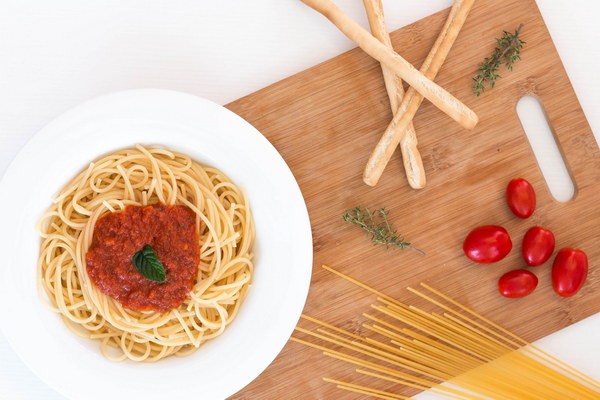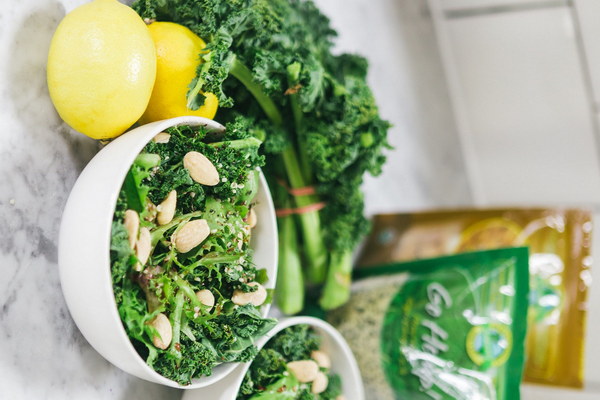Natural Elixirs The Power of Traditional Herbs for Blood, Qi, Spleen, and Dampness
In the realm of traditional Chinese medicine, there is a profound understanding of the body's interconnectedness and its need for balance. This holistic approach has been used for centuries to treat a wide array of health issues, including those related to blood, qi, spleen, and dampness. By utilizing specific herbs, individuals can nourish their bodies, boost their immune systems, and achieve overall well-being. Let's explore the natural elixirs that can help you achieve this balance.
Blood, Qi, Spleen, and Dampness: Understanding the Elements
Before delving into the herbs that can address these elements, it is important to understand what they represent in the context of traditional Chinese medicine.
1. Blood: In TCM, blood represents the substance that nourishes and maintains the body's tissues and organs. A healthy blood flow is crucial for optimal health and vitality.
2. Qi: Qi is often translated as vital energy. It is the fundamental life force that flows through the body, maintaining physical, emotional, and spiritual balance.
3. Spleen: The spleen is an organ that plays a significant role in digestion and the absorption of nutrients. It is also responsible for producing blood and maintaining the body's immune system.
4. Dampness: Dampness is a substance that can accumulate in the body, leading to various health issues, such as fatigue, weight gain, and joint pain.
Herbal Remedies for Blood, Qi, Spleen, and Dampness
Now that we have a basic understanding of these elements, let's explore some of the herbs that can help address them:
1. Astragalus (Astragalus membranaceus): This herb is renowned for its ability to boost the immune system and enhance the body's overall Qi. It is also used to support the spleen and liver functions.
2. Codonopsis (Codonopsis pilosula): Similar to astragalus, codonopsis is an adaptogen that helps to enhance the body's resistance to stress and improve overall health. It is often used to boost Qi and support the spleen.
3. Chinese Foxglove (Rehmannia glutinosa): This herb is widely used for its blood-nourishing properties. It is particularly beneficial for women during their menstrual cycle and for those with anemia.
4. Chinese Angelica (Angelica sinensis): Also known as dang gui, this herb is a potent blood tonic and is often used to treat menstrual disorders, anemia, and fatigue.
5. Poria (Poria cocos): Poria is a versatile herb that helps to drain dampness and support the spleen. It is also used to treat urinary tract infections and respiratory issues.
6. Cinnamon (Cinnamomum cassia): Cinnamon is a warming spice that can help to expel dampness from the body. It is also used to support digestion and improve blood circulation.
7. Atractylodes (Atractylodes macrocephala): This herb is another spleen-tonic that can help to alleviate dampness and support the immune system.
8. Dang Shen (Panax notoginseng): Dang shen is a root that is rich in nutrients and has been used for centuries to boost Qi, support the spleen, and nourish the blood.

9. Chinese Yam (Dioscorea opposita): This herb is often used to nourish the spleen, liver, and kidneys. It is also beneficial for treating dampness and fatigue.
10. Green Tea (Camellia sinensis): While not a traditional Chinese herb, green tea is rich in antioxidants and can help to boost the immune system. It is also known for its ability to promote weight loss and improve cardiovascular health.
Conclusion
Incorporating these natural elixirs into your daily routine can help you achieve a state of balance and well-being. Whether you are dealing with blood-related issues, Qi deficiency, spleen weakness, or dampness accumulation, these herbs can provide the support you need. Always consult with a qualified healthcare provider before starting any new supplement regimen, as individual needs may vary.

